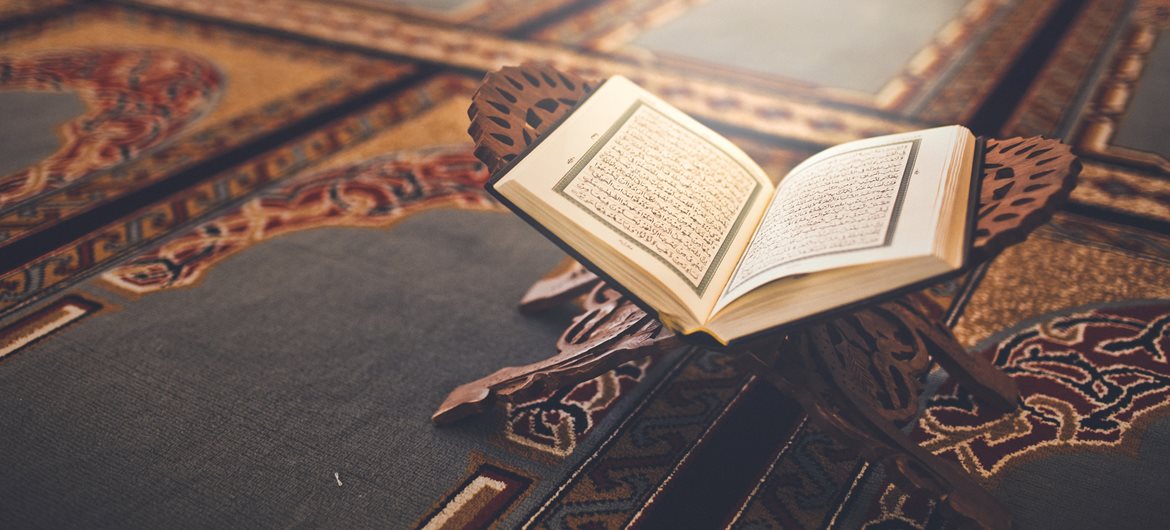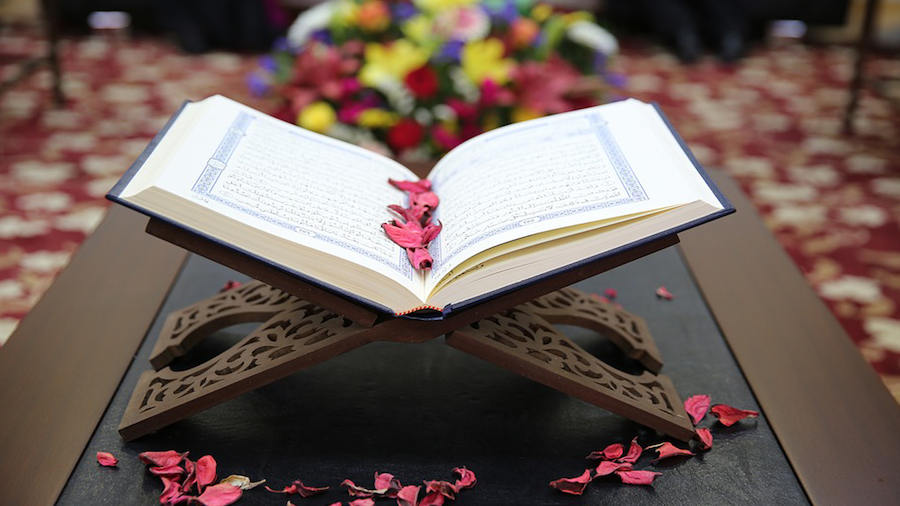بِسْمِ اللهِ الرَّحْمٰنِ الرَّحِيْمِ
Allah in the Qur’an speaks of those who take preference of the afterlife over the dunya and also those who wish for the opposite. He says:
“Whoever seeks the harvest of the Hereafter, We shall increase for him his harvest, and whoever seeks the harvest of this world, We shall give him thereof; but he will have no share in the Hereafter” [42:20]
The difference Allah places here is that those who seek the afterlife will be increased in their harvest, their blessing. Imagine a farmer that plants a certain number of seeds yet in harvest season, more crop appears than what he originally planted – that is how Allah wants us to see our good deeds in this world.
Yet when He talks about those who seek only the dunya, he mentions they will get a share of it, only a fraction of what they worked for. Let us remember that materialism cannot satisfy the heart so even someone chasing materialism will not gain full satisfaction and at the end of the day it’s temporary; the prophet said: “The life of this world compared to the hereafter is as if one of you were to put his finger in the ocean and take it out again then compare the water that remains on his finger to the water that remains in the ocean” [Muslim].
Then after death this kind of person will not gain any good portion of the afterlife at all.
This is a reminder for us all not to make our worldly gain our only priority. We have our responsibilities in this dunya yes, Allah mentions:
“. .but do not forget your share in this world..” [28:77]
However, letting the world take over to the point where we no longer yearn for Jannah is where the shaytan wishes to take us, because when we are no longer conscious of the afterlife, anything goes. Our good deeds will be empty and our sins will be beautified, as Allah warns us:
“Can that person be guided whose evil deeds are beautified to him that he considers them good?” [35:8]
Let us take a step back and analyse our lives. Is our everyday life merely for worldly gain? Or have we balanced it in a way where deen comes first?
Allah knows best.





